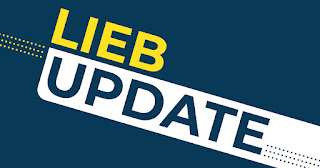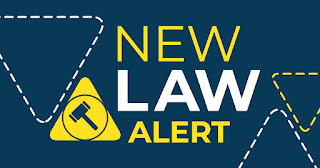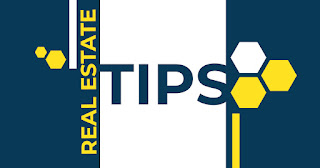On April 2, 2020 we received word from NYS Empire State Development that "[r]eal estate law practices are deemed essential if it is necessary to be in-person to do the work."
LIEB can close your deals in-person.
Make no mistake, we are a leader in remote closings, but sometimes lenders and title underwriters won't permit such a closing and we have been struggling to find a solution. So, rather than guessing, we made request of the Empire State Development to tell us. This is something every business must do before acting because the penalties are outrageous for non-compliance.
We just got our answer and we are already scheduling closings.
Some people might say that this is a terrible move for a public health advocate. However, my favorite professor during my Master's program taught me to never ignore any of the dimensions of health while only focusing on physical health. Yes, the physical dimension is important. Yet, one can never ignore the spiritual, emotional, social and mental dimensions as well. To that end, there are people who need to close their real estate deal to be healthy. They may be living in limbo with no place to go, there can be financial stress of continued home ownership, there could be too many people occupying one space, or a plethora of other reasons that a closing is necessary.
Remember not to judge someone else's circumstances.
We will be sure to keep social distance and avoid any gatherings to never forget the physical health needs of our team, our clients and ever other individual who is involved in our closing process.


















